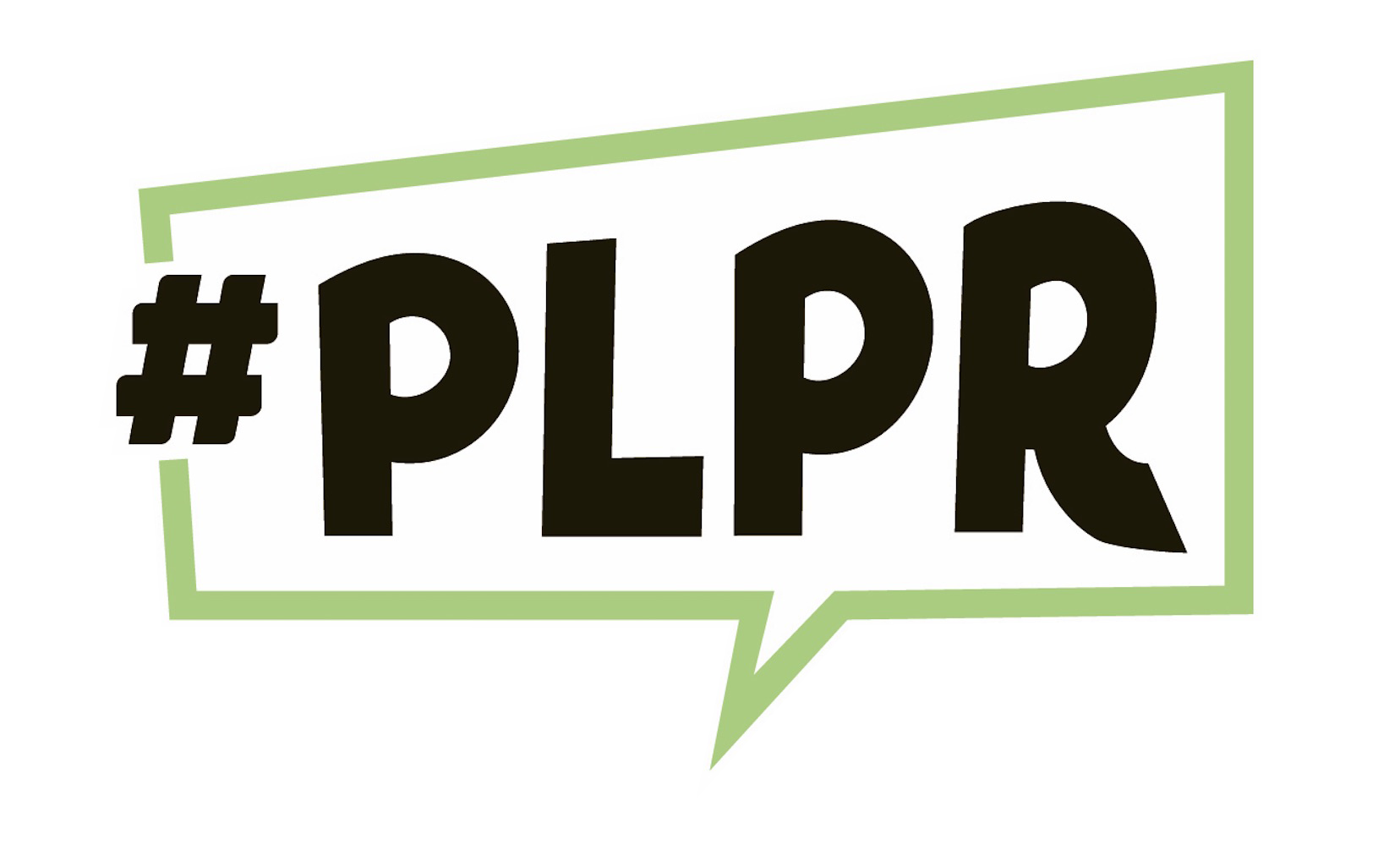Angel M. Arroyo
(He/Him)Ángel Manuel Arroyo was born in 1908 in Arecibo, Puerto Rico and immigrated to New York, New York after completing his high school degree in 1924. He belonged to the first generation of Puerto Ricans in New York. He returned to the island after his retirement but was forced to come back shortly thereafter due to his wife’s illness; both died in New York City. As a journalist he published a column “Gotitas de mi tintero”, a commentary on local news and events, in various local papers such as La Prensa, El Tiempo, and El Imparcial; and with Erasmo Vando advocated for the Republican cause during the Spanish Civil War, as well as Puerto Rican independence in the newspaper La Voz. As community activist, he was co-founder, with Gonzalo O’Neill and Erasmo Vando, of the Puerto Rican Writers and Journalists Association (Asociación Puertorriqueña de Periodistas y Escritores, APE), led the Circle of Ibero-American Poets and Writers (Círculo de Escritores y Poetas Iberoamericanos, CEP), collaborated with the foundation of the Puerto Rican Institute (Instituto Puertorriqueño) and the Puerto Rican Archives (Archivo Puertorriqueño). He was one of the early promoters of the Puerto Rican Parade in the city, and the designation of the month of November as Puerto Rican Heritage Month. He published four anthologies of poetry: Cenizas del alma (1949), Láminas de mi infinito (Editorial Campos, 1961), Sinfonía de colores (Sociedad Puertorriqueña, 1969) and Burbujas de sol y agua (Public. Asoc. Puertorriqueña de Autores, 1982). In these he expressed his abiding love for Puerto Rico and its people, the faith in an independent destiny, the nostalgia and idealization of the native soil, and the defense of the Spanish language. His poetry can be identified with Modernism and Romanticism, with careful metrics, and an elaborate use of the language full of classical references, also reminiscent of Golden Age poets. The lack of representation of his work in compilations of Puerto Rican poets that include many of his contemporaries, may indicate a bias on the part of the editors towards this self-taught erudite. His work, however, vividly reflects the daily realities in the life of the community, leaving a legacy of the struggles, dreams, and final disillusionment of the aspirations to see an independent Puerto Rico. These topics, regardless of the elaborate language, were always accessible to the people for whom he wrote. Ángel Manuel Arroyo’s body of work remains largely unknown, but merits study not only by the Puerto Rican diaspora community, but to the people in the island, where we can think that thanks to the efforts of these early pioneers the Spanish language and cultural traditions were preserved at a time when they were under attack on the island. It could also become a point of study for newer immigrant and diasporic communities that present similar characteristics of conservatism and rejection of the mainstream culture, with an evolution, as in the case of Ángel Manuel Arroyo, to a resigned acceptance of a point of no return. He passed away in 1998.
Works Cited
Arroyo, Angel M. Colección de Angel M. Arroyo, Recovering the US Hispanic Literary Heritage, Universidad de Houston.
Arroyo, Angel M. “Letter to José Abad Ramos”. 11 de febrero 1995. Colección de Angel M. Arroyo, Recovering the US Hispanic Literary Heritage, Universidad de Houston.
Arroyo, Angel M. “Sobre el autor”. Colección de Angel M. Arroyo. Recovering the US Hispanic Literary Heritage, Universidad de Houston.
Diccionario de Personalidades Puertorriqueñas de Hoy. Florentina Pub., 1979.
González, José Emilio. La Poesía Contemporánea de Puerto Rico. Instituto de cultura puertorriqueña, 1972.
Ortega Seco, Andrés. Sinopsis de la Literatura Puertorriqueña/Synopsis of Puerto Rican Literature. Omega, 1974.

